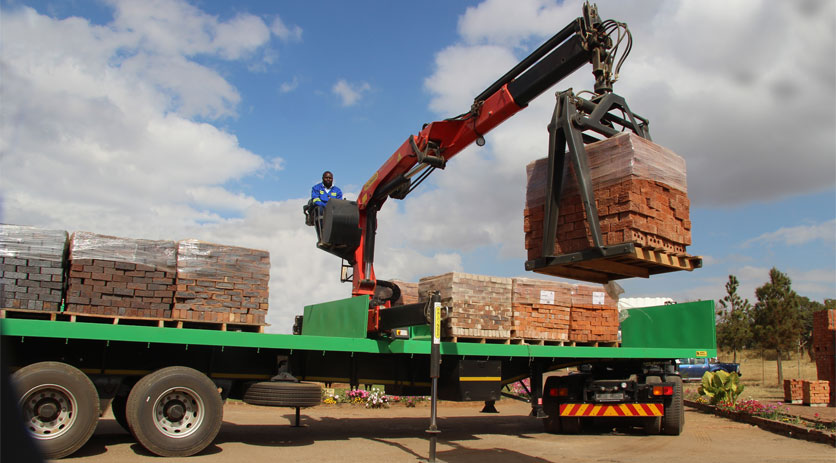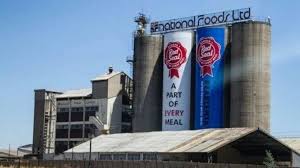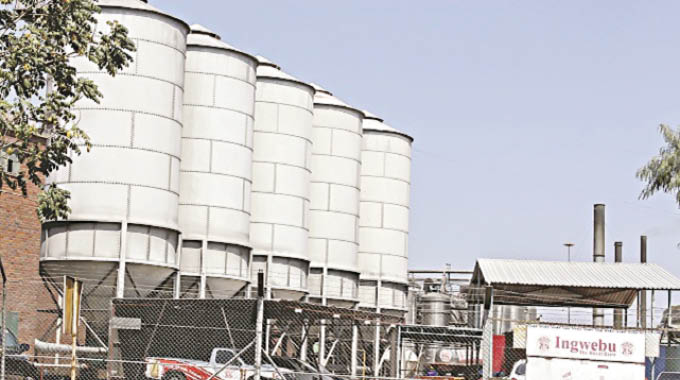Clothing firm commends efforts to curb smuggling
LOCAL clothing manufacturer, Carousel, has commended the Government’s efforts to curb smuggling, describing it as a crucial move to support local industries, boost capacity utilisation and enhance revenue generation.
The 2025 National Budget outlines measures deeming clothing and footwear, among other goods as smuggled unless sellers provide documentary evidence to the Zimbabwe Revenue Authority (Zimra) confirming proper customs duty compliance.
Smuggling has posed significant challenges to local industries, creating unfair competition and leading to reduced capacity utilisation, job losses and declining revenues. To address this, Zimra has launched a crackdown on non-compliant businesses, including shutting down shops selling undocumented imports.
Carousel managing director, Mr Manfree Tanyanyiwa, welcomed the initiative, stressing its importance in fostering a fair business environment.
file picture
“We support all Government efforts to ensure that the business environment is properly regulated and that all players in the sector and indeed all other sectors, abide by the law. This helps to ensure fair competition amongst all businesses,” he said.
Mr Tanyanyiwa added that the crackdown would enable local companies to build capacity, retool and improve efficiency, ultimately reducing production costs and enhancing competitiveness in export markets.
He called for continued support for local manufacturers, particularly through easier access to raw materials. Mr Tanyanyiwa lauded the revival of David Whitehead, a key player in the textile sector, as a positive development for the industry.
“Carousel Manufacturing is ready to stand shoulder to shoulder with other clothing manufacturers to supply a bigger proportion of our country’s merchandise needs and create employment in the process,” he said.
Last year, Carousel invested over US$1 million to increase garment production from 35 000 to 100 000 units per month. The company is implementing innovative strategies, including cost-effective production processes and localised manufacturing, to remain competitive.
This development aligns with the Government’s re-industrialisation drive, particularly in the clothing and textile sub-sectors, which are critical to restoring Bulawayo as Zimbabwe’s manufacturing hub.-chroncile










